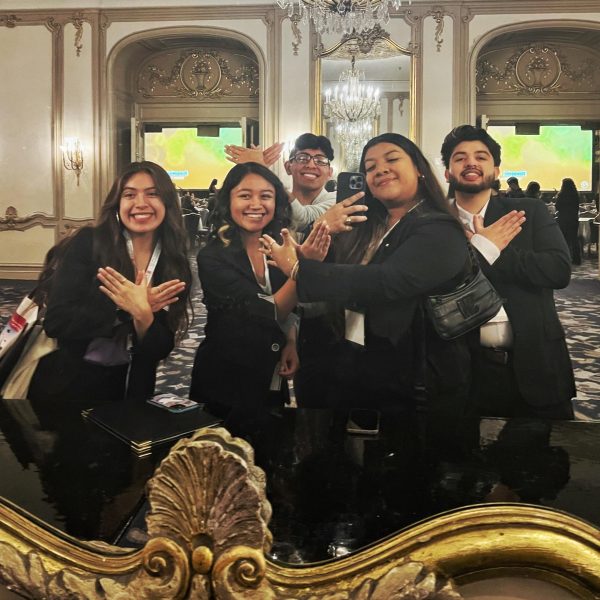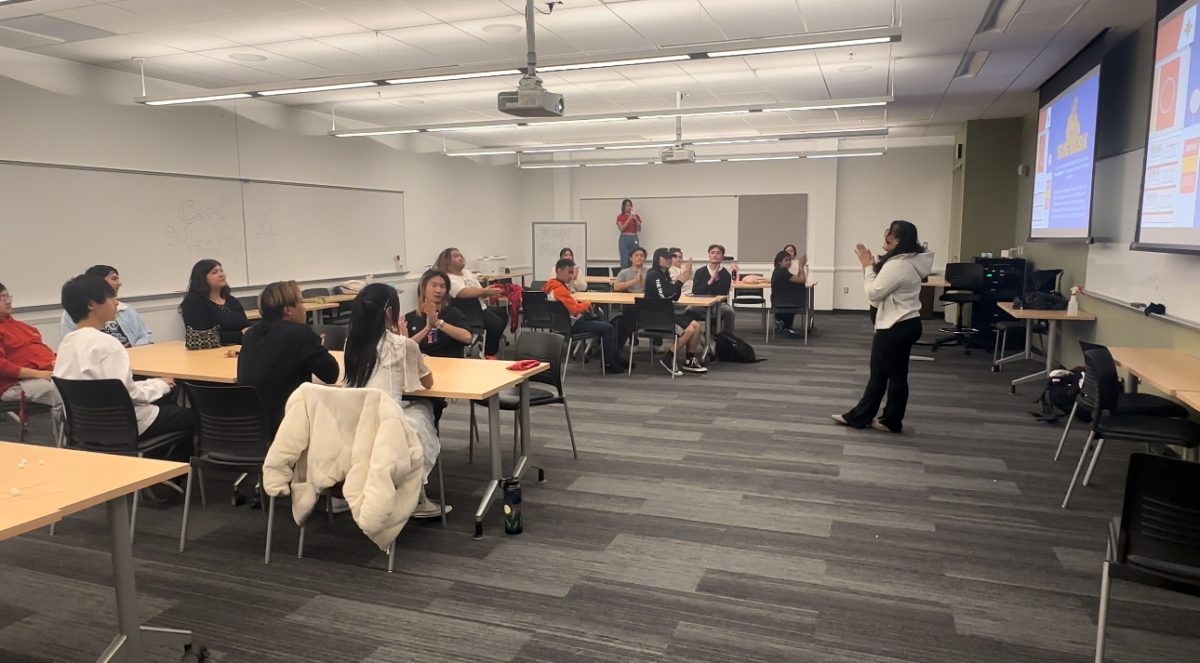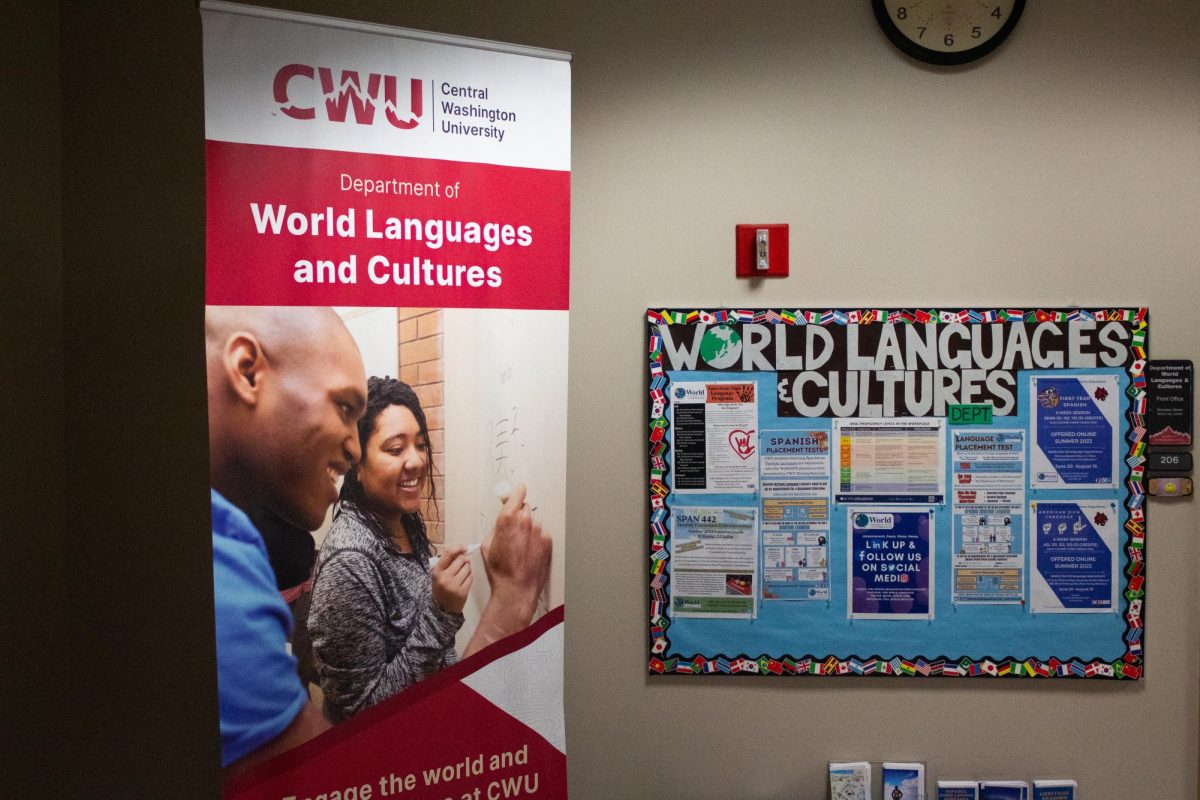The federal government defines Hispanic Serving Institutions, or HSIs, as accredited institutions of higher education where 25% or more of the undergraduate population are Hispanic, with at least 50% of the Hispanic student body being considered low-income. These institutions are then able to apply to receive grant money from the federal government to better support their Hispanic student base. At this point in time, CWU is considered an emerging HSI, a designation created by Excelencia in Education to track the growth of HSIs. Currently, CWU is at about 22% Hispanic enrollment and is in the process of increasing our numbers to become a full HSI.
In 2023, the Biden-Harris administration awarded more than $40 million in order to support HSIs. But it isn’t just about the money, “There’s a larger component here,” Dr. Rodrigo Renteria-Valencia, an associate professor in anthropology, as well as interim associate dean for graduate studies and research, said. “Since this designation emerged, many institutions have used the opportunity of becoming a Hispanic Serving Institution to create — and this is the most fundamental part of the conversation — a critical lens that allows us to reflect on our practices, on our programs, on our curricular offerings and on [the composition] of our staff, faculty and administration; to look at how we go about things on a daily basis and how we can improve our practices and our services, and how do we better serve Hispanic students, but also, all of our students.”
One of the key differences between the HSI designation and many other diversity-related institutional designations that a university can receive is that universities must apply to intentionally become an HSI. To many like Renteria-Valencia, becoming an HSI is less about the money, and more about the intentional steps that a university has to take to reflect on its practices and services in order to reach more students in the way that they need.
In order to reach the goal of not just becoming an HSI, but also creating a more equitable space for all of those around us, CWU has come up with a strategic plan with four main values, and step-by-step goals along the way. These values are student success, engagement, belonging and stewardship. Laid out within these core values are initiatives to push for their implementation, focusing on goals such as developing clear pathways for equitable access to higher education, elevating culture, nurturing authentic relationships in the community and much more. CWU’s mission states, “In order to build a community of equity and belonging, Central Washington University nurtures culturally sustaining practices that expand access and success to all students. We are committed to fostering high impact practices, sustainability and authentic community partnerships that are grounded in meaningful relationships.”

Becoming an HSI, is, ultimately, for the students, but also their families and communities, “This initiative is asking the university to rethink a lot of their processes and priorities,” Malik Cantu, a third-year theater performance major and the CWU student body president, said. “We operate in structures that create obstacles for Hispanic and other marginalized students and this initiative will spark conversations about deconstructing that. This will allow many students to experience college in ways that work for them and their families, which will ultimately help them grow without sacrificing crucial parts of themselves. Personally, I hope the initiative will one day progress to a point where the university is supporting Hispanic students, as well as their families. There is so much that Hispanic and other marginalized students have to navigate with their families when pursuing college which makes the journey difficult. I hope the university can develop support – financial, emotional, and social – that is felt directly by students on campus and their families back at home.”
To support this initiative, as well as the Hispanic/Latinx community on campus, Cantu advises students of all backgrounds to reach out to their student leadership and engage with MEChA, Latinx Student Organization (LSO) and the Association of Latino Professionals for America (ALPFA) by attending events and meetings.






